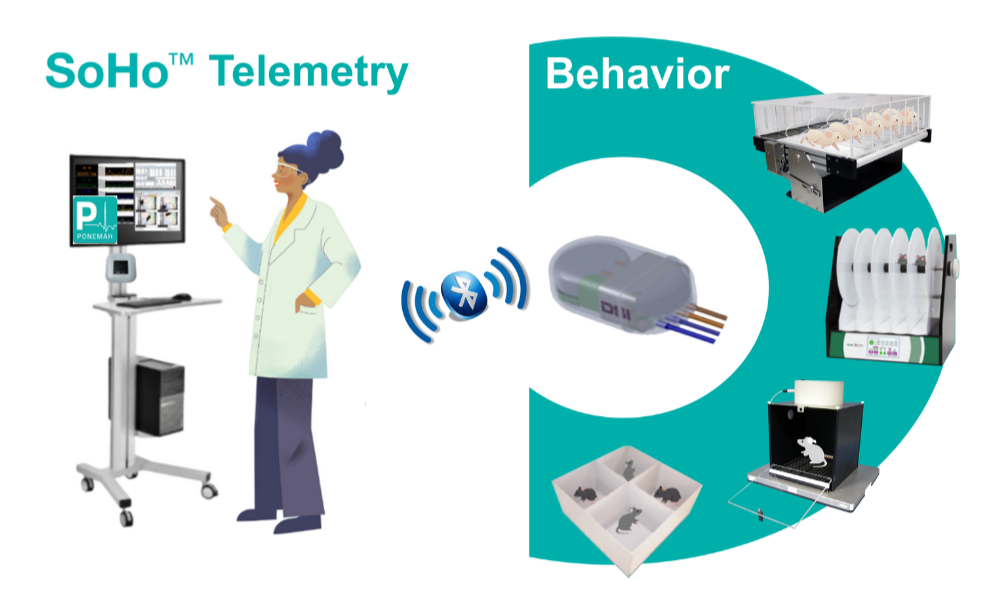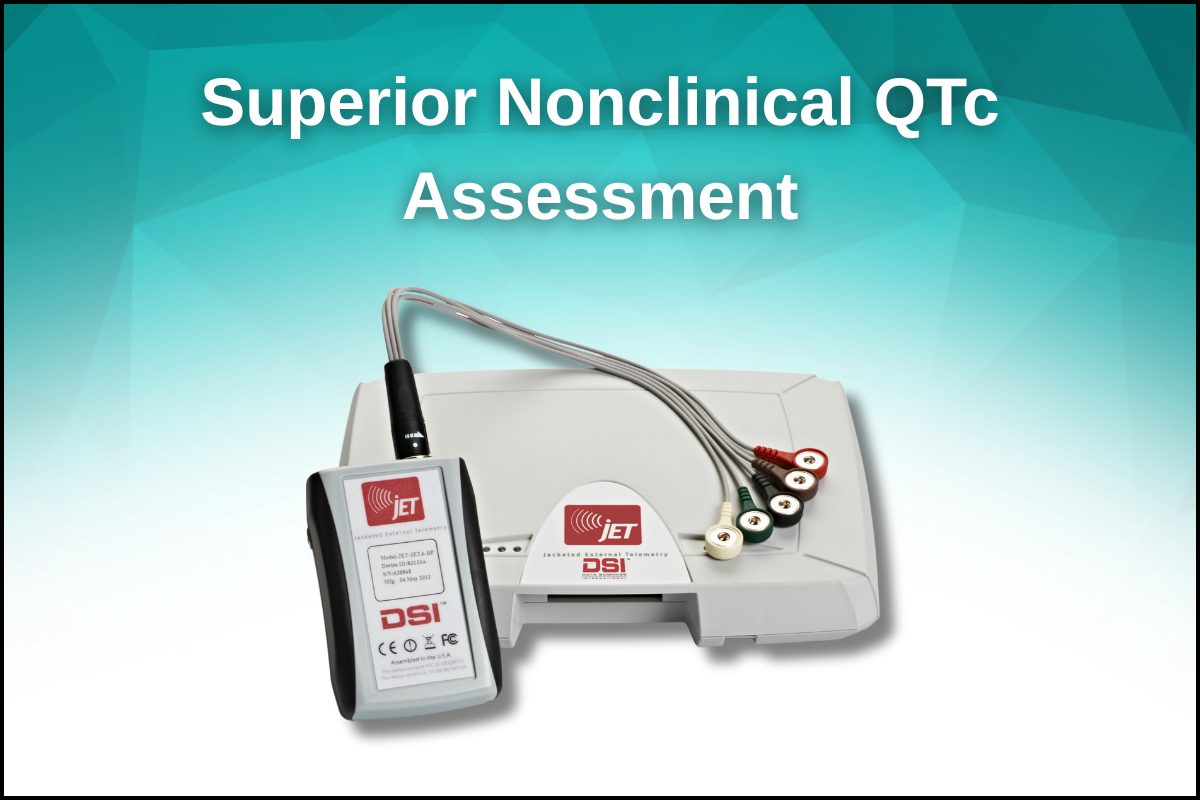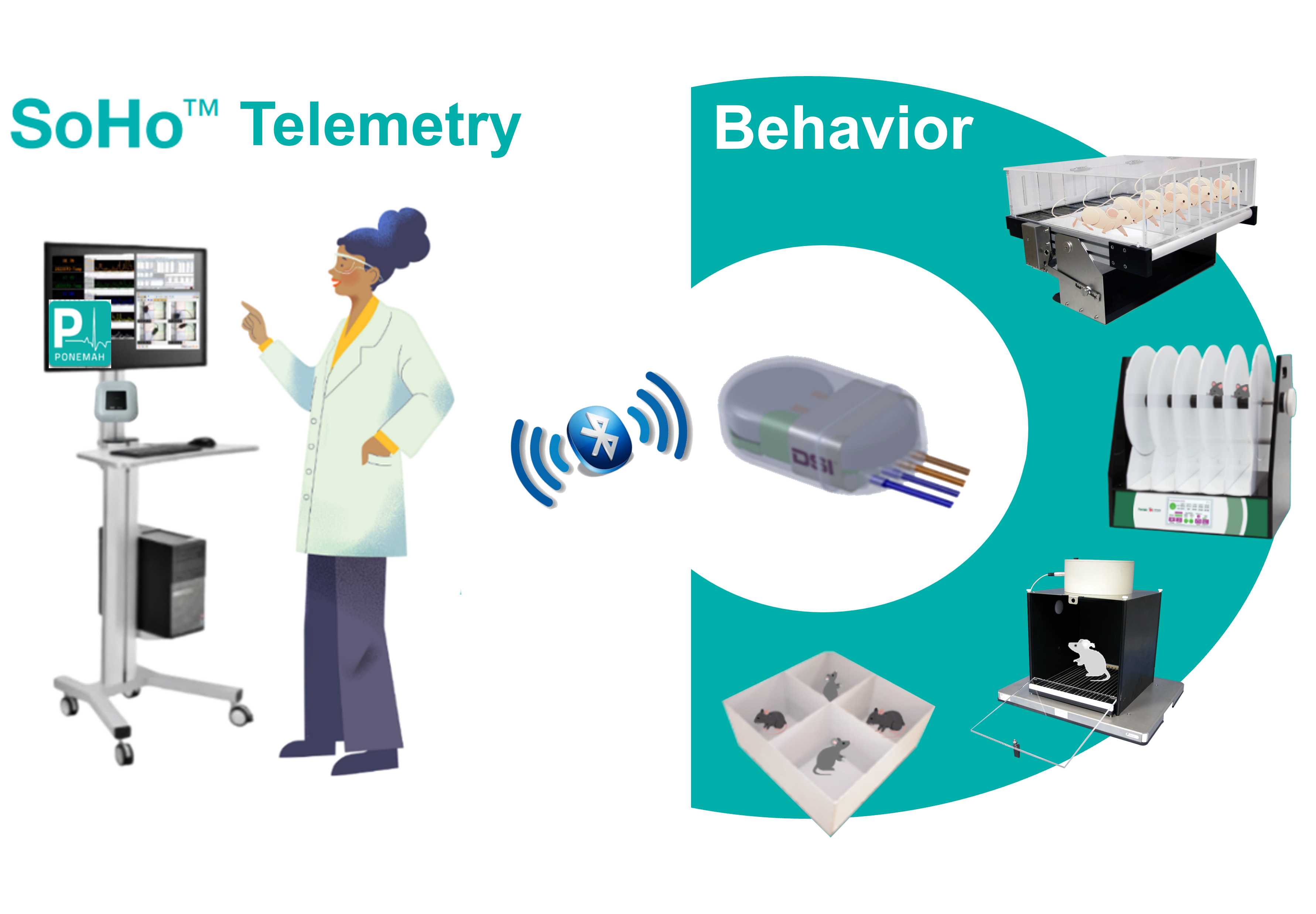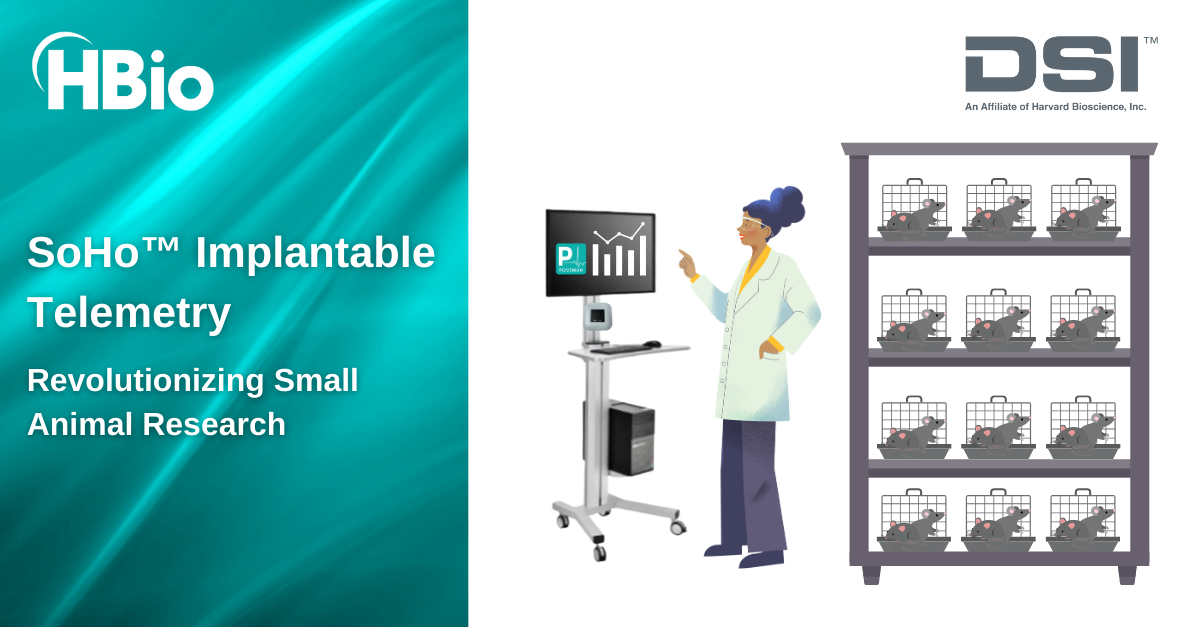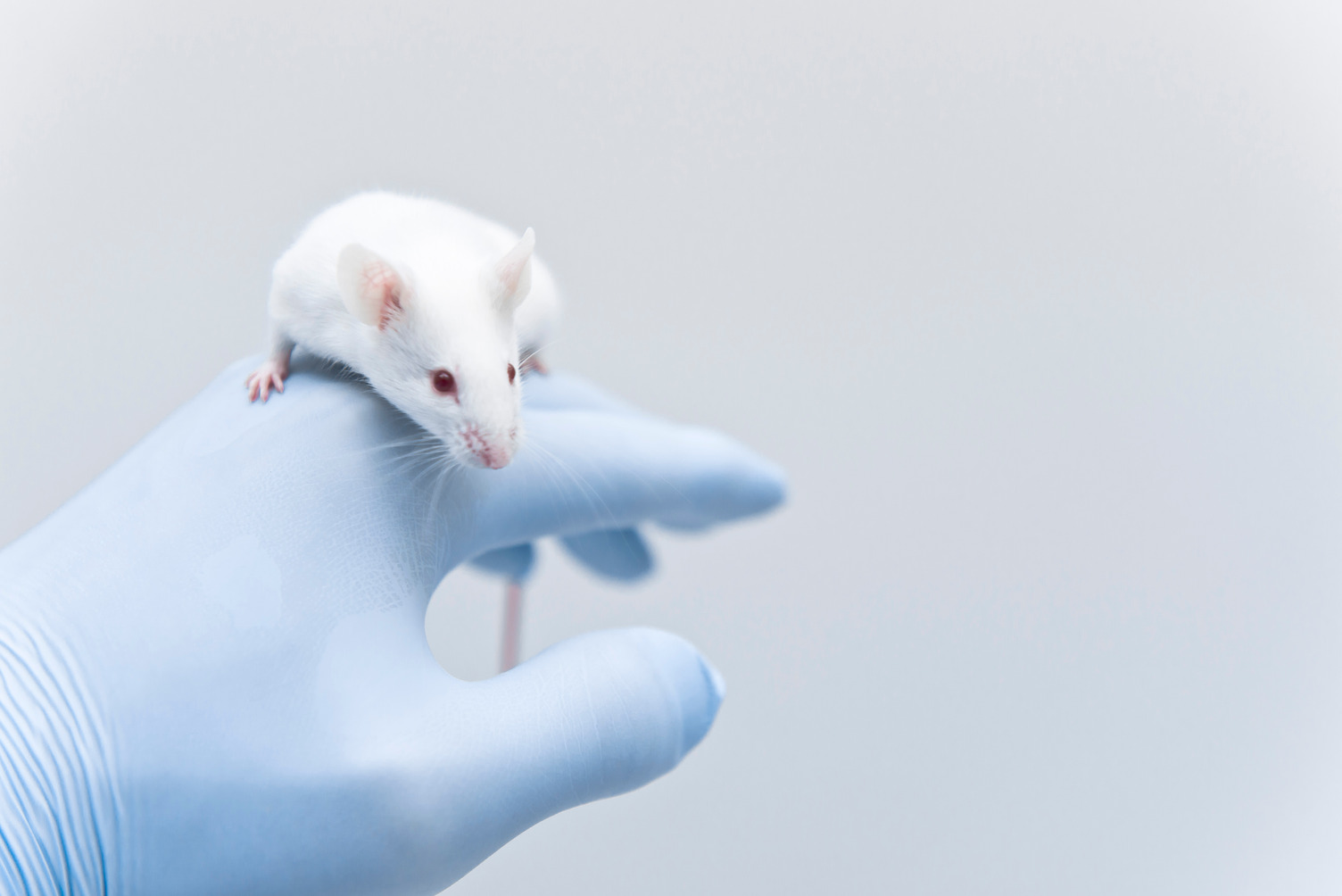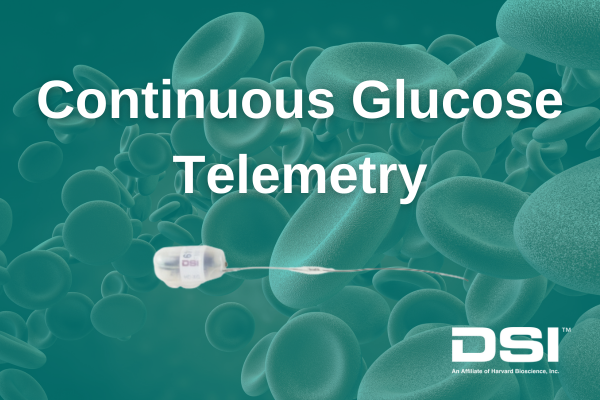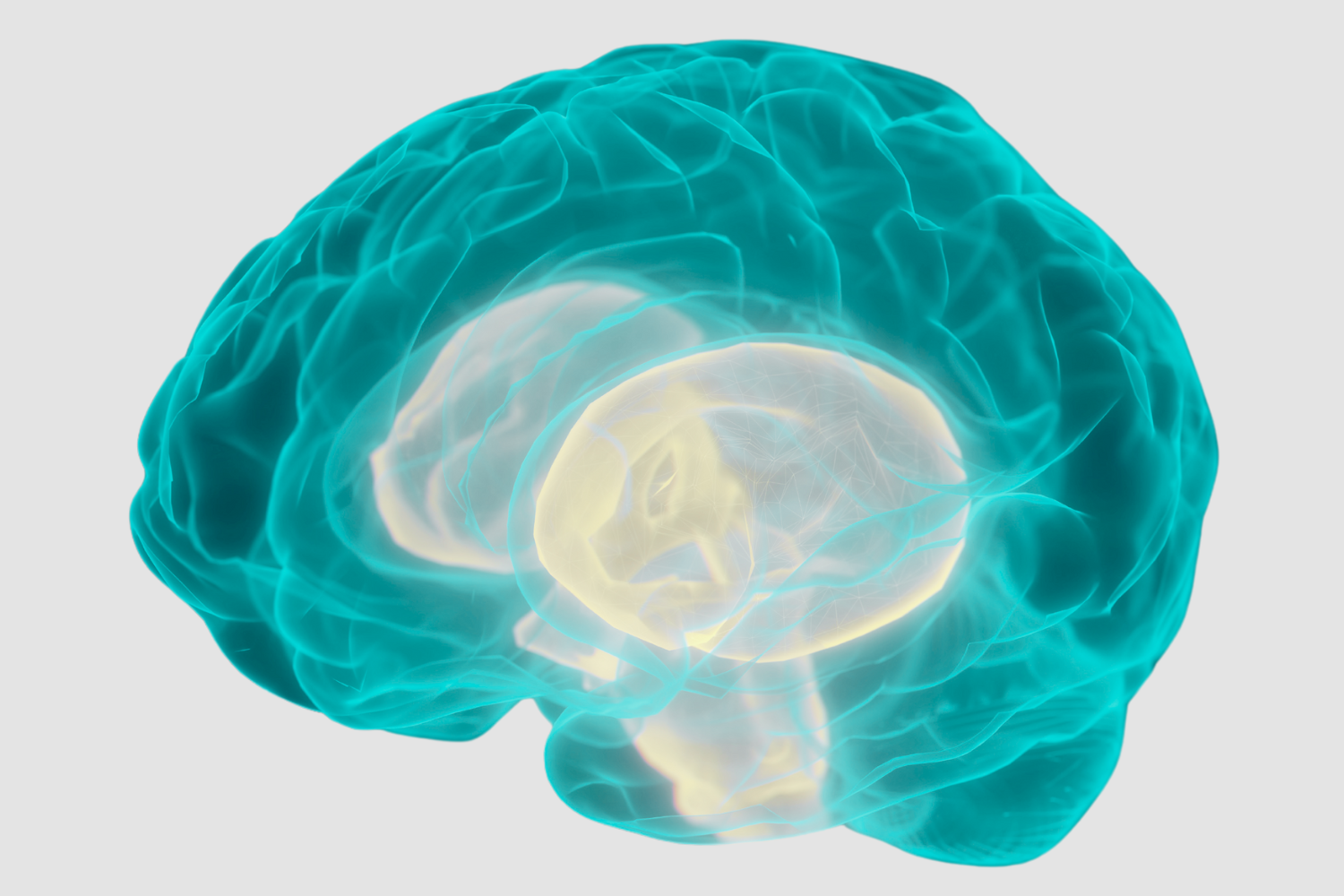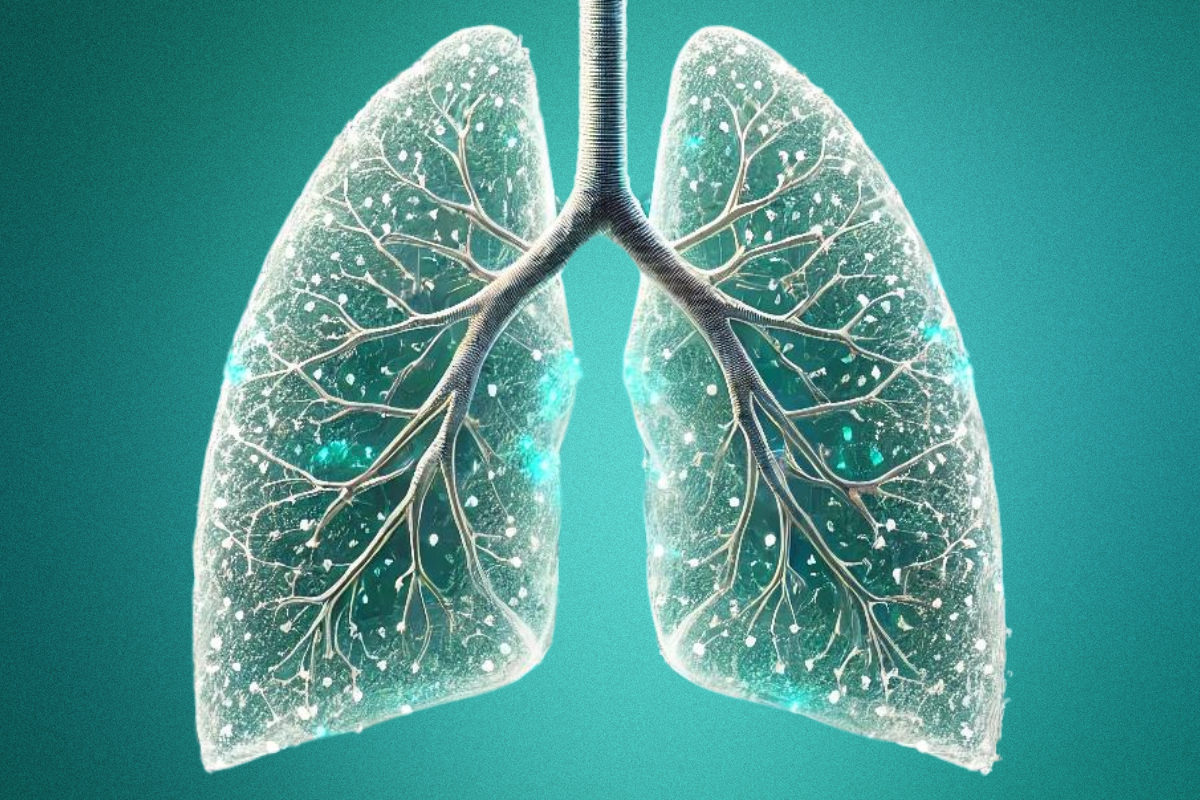Advancing Preclinical Alzheimer’s Research with Simultaneous Behavioral and Physiological Data Collection
Discover how DSI’s SoHo™ Telemetry System and Panlab behavioral platforms empower Alzheimer’s researchers with synchronized physiological and behavioral data collection. This integrated approach enhances study design, data quality, and insight into disease progression—supporting breakthroughs in preclinical models. In honor of Alzheimer’s Awareness Month, explore how these advanced tools bring you closer to translational success.

